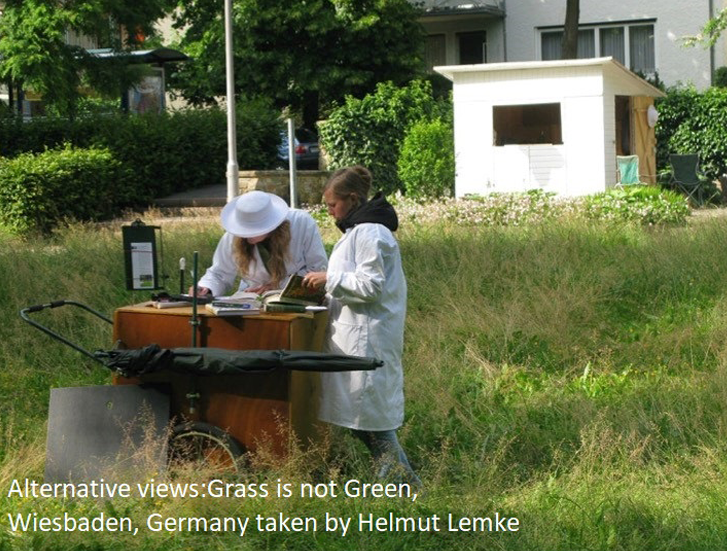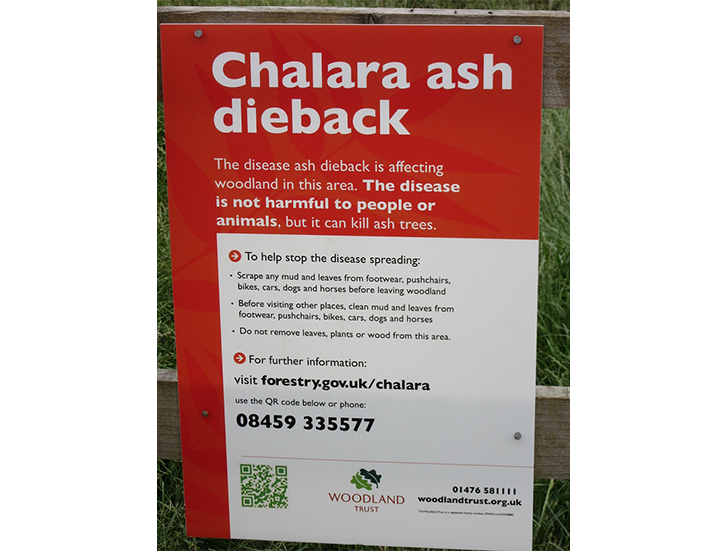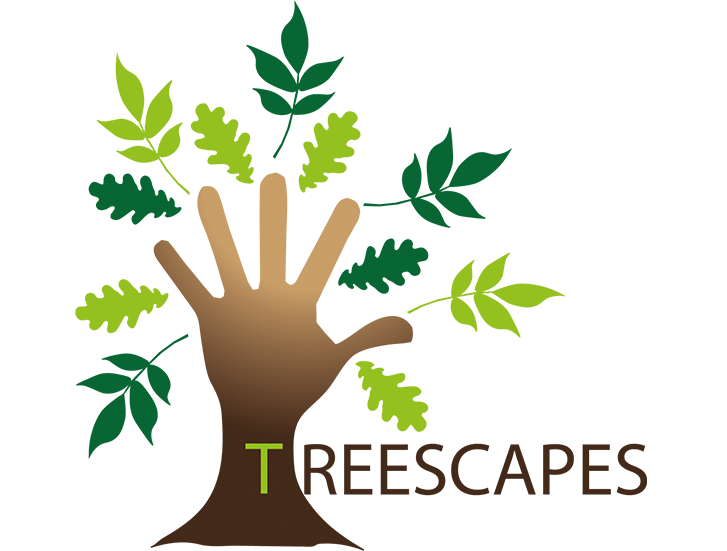TREESCAPES
Making visible the cultural values at risk from tree pests and diseases through arts approaches
The TREESCAPES project is a collaboration between the CCRI, Imperial College London and Kerry Morrison (artist), in association with Defra and the Black Environment Network (BEN), funded by the AHRC under the Follow-On Funding Highlight Notice Changing Landscapes programme.
The project began in February 2020, but had to be postponed due to the Covid-19 pandemic and lockdown restrictions. It resumed in February 2021 and will conclude in January 2022.
Principal Investigator Julie Urquhart introduces the project in this short video
The aim of TREESCAPES is to extend the results of social science research from a previous UKRI project, UNPICK (Understanding public risk in relation to tree health), by reaching new publics, including culturally and ethnically diverse groups, in rural, peri-urban and urban settings. Secondly, the project will explore how insights on the cultural values at risk from tree pests and diseases might be translated and more effectively integrated into a policy-relevant framework.
Tree pest and disease epidemics have increased dramatically in recent decades, largely attributed to globalization, trade in plant material and wood packaging, human movement and climate change. Evidence suggests that these outbreaks are likely to have profound consequences on landscapes, and on ecosystem services and the wellbeing benefits provided by trees and woodlands. Current policy mechanisms for surveillance and action on tree health are not yet inclusive of broader social and cultural implications, which could play an important role in protecting trees. This would also help publics feel more empowered to act and seek help in dealing with affected trees. There is also a gap in understanding regarding how culturally and ethnically diverse groups engage with trees and woodlands in the UK, and how this might be impacted by tree disease.
We will work alongside a small group of participants to explore the ways they engage with trees and woodlands, and through conversations and actions in localities, participants will express what places and landscapes mean to them, and how those meanings and engagements with trees may have altered during lockdown. We will initially use digital methods such as WhatsApp and online workshops to engage with our participants, followed by socially-engaged art approaches in summer 2021, if possible.
Outcomes will include a Policy Brief and a Creative Engagement Toolkit – a reflective document of the creative process and methods, which will act as a toolkit for creative engagement, to inform other researchers seeking to incorporate arts research into larger inter/trans/un-disciplinary work or communities of publics seeking to identify the cultural values in their local landscapes.



